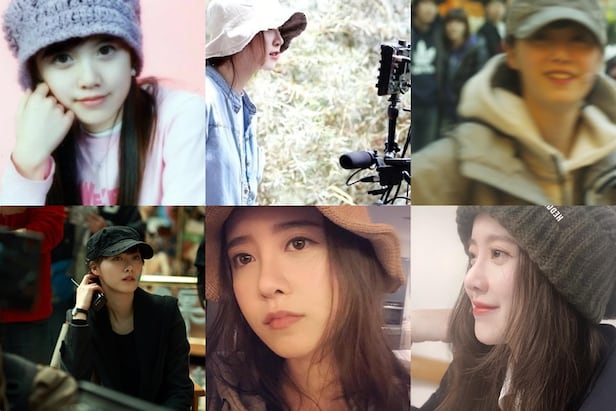The Cultural Message Behind Koo Hye-sun’s “Hat Controversy”
Korean actress Koo Hye-sun found herself at the center of public scrutiny after wearing a hat on a popular variety show. What seemed like a simple fashion choice turned into a heated debate, reflecting a wider clash between societal expectations of behavior in public spaces and individual freedom. This incident raises a complex question: How do we balance public decorum with personal expression?
In response to criticism, Koo shared on social media, “A variety show is not a place to display etiquette.” Her statement drew mixed reactions; some viewers argued that being on public broadcast platforms warrants a higher standard of conduct. What started as a trivial matter evolved into a broader conversation about how Korean society views public manners and individual liberties.
Public Decorum vs. Individual Freedom: A Cultural Comparison
This is not a challenge unique to Korea. Globally, the balance between maintaining societal norms and embracing personal freedoms has been an ongoing discussion. Examining these debates across cultures provides valuable insights into how various societies approach this delicate issue differently.
Perspective from Kevin: Entertainment and Public Expectations
“Korea’s entertainment industry thrives on the close connection between celebrities and the public. Actors and singers aren’t just professionals; they’re public figures who build trust and image through interaction with their audience. In contrast, Western celebrities tend to experience less scrutiny over personal preferences, reflecting a greater emphasis on individual freedom. Koo Hye-sun’s case highlights the unique cultural dynamics of Korean entertainment.”
Kevin’s analysis underscores how Korean entertainers play dual roles as artists and representatives of societal values. Public actions are often judged through this lens, making individuality more complex to navigate. This starkly contrasts with entertainment norms in the U.S. or Europe, where personal choices invite comparatively less public examination.
Insight from Author Han Hyun-joo: A Literary Perspective
“The tension between public manners and personal freedom is a recurring theme in literature. Korean works often emphasize collective values, while Western literature frequently centers on individualism and self-expression. Koo Hye-sun’s hat incident can be interpreted as a microcosm of these cultural dynamics, perhaps signaling a societal shift in Korea toward incorporating individualistic elements.”
Han Hyun-joo sheds light on how this debate mirrors broader societal change in Korea. This isn’t just an isolated entertainment industry development; it reflects a cultural crossroads where collective norms and burgeoning acceptance of individualism coexist uneasily.
Thoughts from Pastor Park Sung-gil: Morality in Public Spaces
“Behavior in public spaces transcends personal choices—it’s a reflection of social trust and collective responsibility. From a moral standpoint, public decorum stems from respect and consideration for others. But as modern society evolves, these traditional values are increasingly at odds with individual freedoms, as we see in Koo Hye-sun’s case.”
Pastor Park views this incident as indicative of broader societal dilemmas. It invites a deeper examination of how to balance respecting individuality while upholding shared moral and social standards.
Where Does Korean Society Go from Here?
Koo Hye-sun’s “hat controversy” is far more than a fleeting entertainment industry drama. It shines a light on how modern Korean society must reconcile evolving values: How can personal choices be respected while maintaining societal expectations? This debate isn’t just about hats or public etiquette—it’s about adapting to inevitable cultural shifts.
Ultimately, this incident poses a thought-provoking challenge to Korea: finding harmony between honoring its collective heritage and embracing the growing presence of individualism.
Reflections on Koo Hye-sun’s Hat Incident
- The debate highlights the clash between public decorum and personal freedom.
- It prompts reconsideration of how Korean society balances collective values with individualism.
- Experts view this as a lens to analyze cultural and societal trends in Korea.
- This incident sheds light on cultural differences between Korea and other nations.
- It serves as a roadmap for the direction Korean society might take moving forward.
